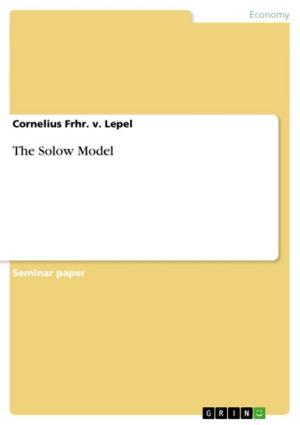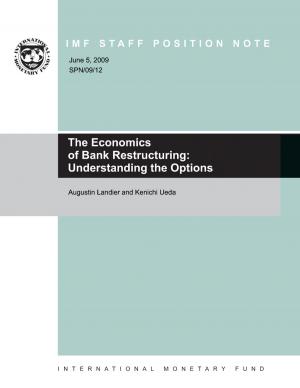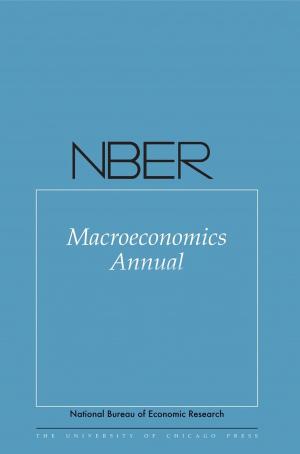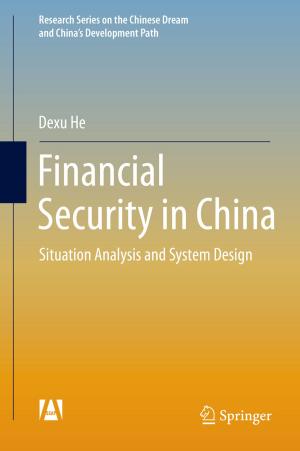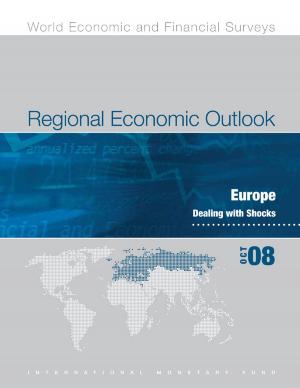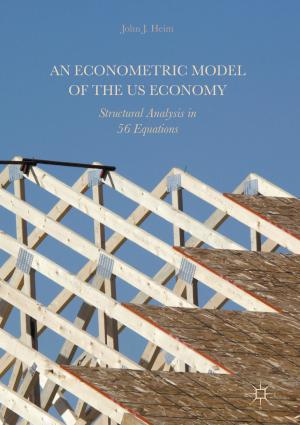Shock Exchange
How Inner-City Kids from Brooklyn Predicted The Great Recession And The Pain Ahead
Business & Finance, Economics, Macroeconomics| Author: | Ralph W. Baker Jr. | ISBN: | 9780615678788 |
| Publisher: | Ralph W. Baker Jr. | Publication: | August 6, 2012 |
| Imprint: | Language: | English |
| Author: | Ralph W. Baker Jr. |
| ISBN: | 9780615678788 |
| Publisher: | Ralph W. Baker Jr. |
| Publication: | August 6, 2012 |
| Imprint: | |
| Language: | English |
In 2006 I started a youth mentorship program called the New York Shock Exchange (Shock Exchange) as a vehicle to share my passion for investing and basketball with my 11-year-old son and other boys his age. I figured that using basketball as a “carrot” would be a cool way for kids to learn about the stock market and the economy. Besides, just coaching basketball would not have been much fun for me. Somehow I had to make it educational as well. And just as I had suspected, with their ability to spot trends before adults, inner-city kids from Brooklyn knew more about investing than I, Peter Lynch, Bill Miller, and any hedge fund manager or Wall Street analyst on the planet. We not only helped them perform due diligence on their stock picks, but documented how macroeconomic forces were affecting their picks and the market in general. In the process, we noticed how key drivers of the economy were dismal and the U.S. economy was in the midst of stagflation. Since the “Great Recession” that the Shock Exchange foretold, financial literacy has been championed by the Wall Street community. The Shock Exchange’s observations on the Great Recession – and the steps needed to address it – have been repeated by politicians, economists, Wall Street analysts, and even the president. But it’s not over. The next recession will be more painful than the last. I will take you on a journey of how we came to know this, the progenitors of the financial crisis, and the pain ahead.
In 2006 I started a youth mentorship program called the New York Shock Exchange (Shock Exchange) as a vehicle to share my passion for investing and basketball with my 11-year-old son and other boys his age. I figured that using basketball as a “carrot” would be a cool way for kids to learn about the stock market and the economy. Besides, just coaching basketball would not have been much fun for me. Somehow I had to make it educational as well. And just as I had suspected, with their ability to spot trends before adults, inner-city kids from Brooklyn knew more about investing than I, Peter Lynch, Bill Miller, and any hedge fund manager or Wall Street analyst on the planet. We not only helped them perform due diligence on their stock picks, but documented how macroeconomic forces were affecting their picks and the market in general. In the process, we noticed how key drivers of the economy were dismal and the U.S. economy was in the midst of stagflation. Since the “Great Recession” that the Shock Exchange foretold, financial literacy has been championed by the Wall Street community. The Shock Exchange’s observations on the Great Recession – and the steps needed to address it – have been repeated by politicians, economists, Wall Street analysts, and even the president. But it’s not over. The next recession will be more painful than the last. I will take you on a journey of how we came to know this, the progenitors of the financial crisis, and the pain ahead.



